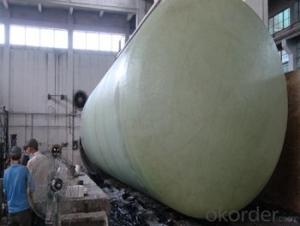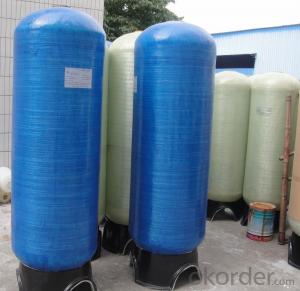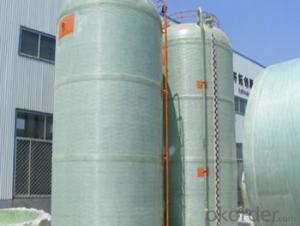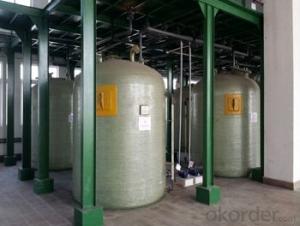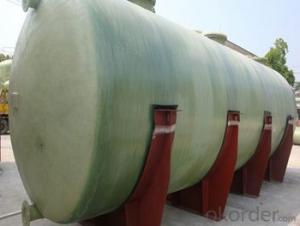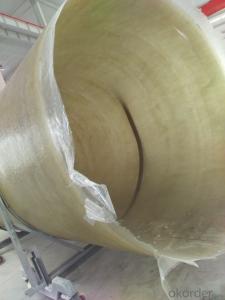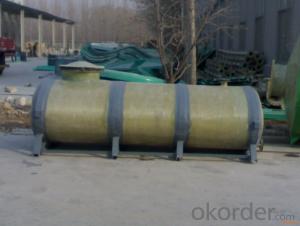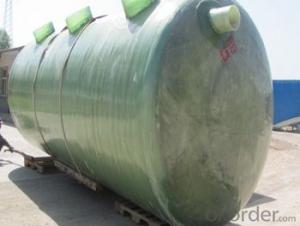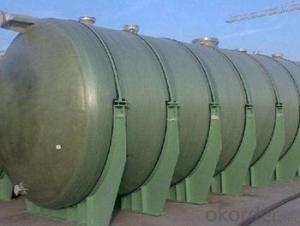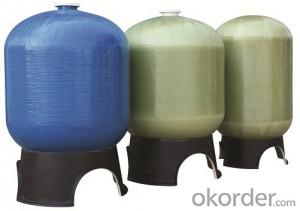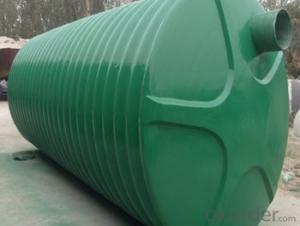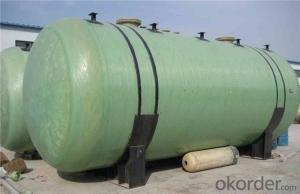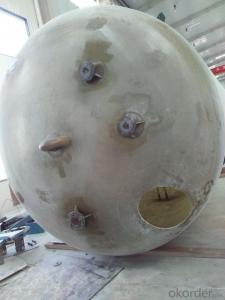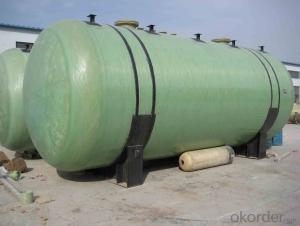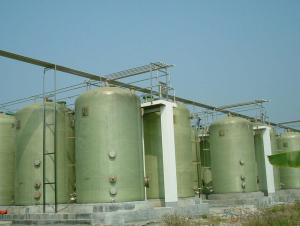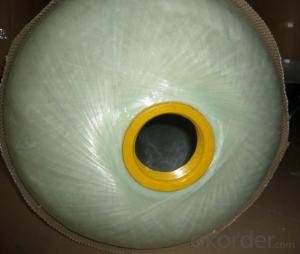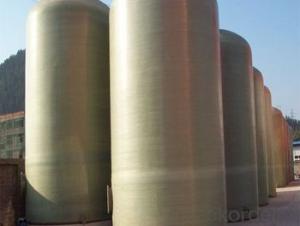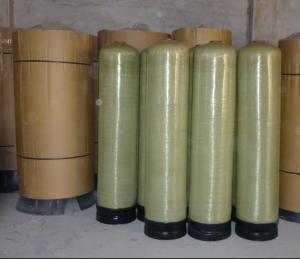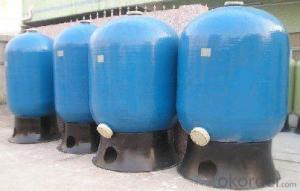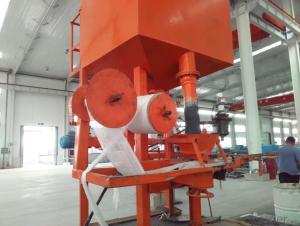All Categories
- - Steel Wire Rod
- - Steel Coils
- - Steel Profiles
- - Steel Pipes
- - Stainless Steel
- - Tinplate
- - Special Steel
- - Steel Sheets
- - Steel Rebars
- - Steel Strips
- - Hot Rolled Steel
- - Cold Rolled Steel
- - Pre-painted Steel
- - Seamless Steel Pipe
- - Welded Steel Pipe
- - Hollow Steel Tubes
- - Galvanized Pipe
- - Stainless Steel Coil
- - Stainless Steel Sheet
- - Stainless Steel Plate
- - Stainless Steel Strips
- - Electrolytic Tinplate Coil
- - Electrolytic Tinplate Sheet
- - Stainless Steel Rebars
- - Solar Panels
- - Solar Water Heater
- - Solar Related Products
- - Solar Inverter
- - Solar Cells
- - Solar Light
- - Solar Energy Systems
- - Solar Controllers
- - Solar Mounting System
- - Solar Pump
- - Solar Chargers
- - Fiberglass Chopped Strand
- - Fiberglass Mesh Cloth
- - Composite Pipes
- - FRP Pultrusion Profiles
- - Fiberglass Mat Tissue
- - Fiberglass Fabrics
- - Fiberglass Mesh
- - Composite Tank
- - Fiberglass Mesh tape
- - Polymer
- - FRP Roofing Panel
- - Fiberglass Roving
- - Monolithic Refractories
- - Ceramic Fiber Products
- - Refractory Bricks
- - Raw Materials For Refractory
- - Suspended Platform
- - Cranes
- - Concrete Machinery
- - Earthmoving Machinery
- - Building Hoist
- - Road Building Machinery
- - Plastic Pipe Fittings
- - Plastic Tubes
- - Plastic Sheets
- - Agricultural Plastic Products
- - Plastic Nets
 All Categories
All Categories
Q & A
How do composite tanks handle potential contamination risks in the storage of food products and potable water?
Composite tanks are designed to handle potential contamination risks in the storage of food products and potable water by incorporating several key features. These features include using food-grade materials that are non-toxic and resistant to chemical reactions, implementing proper sealing mechanisms to prevent any external contaminants from entering the tank, and regularly conducting inspections and maintenance procedures to ensure the integrity of the tank. Additionally, composite tanks are often equipped with advanced filtration systems to further minimize the risk of contamination. Overall, composite tanks prioritize the safety and purity of stored food products and potable water by employing various measures to mitigate potential contamination risks.
Are composite tanks used in the petrochemical industry?
Yes, composite tanks are used in the petrochemical industry. Composite materials such as fiberglass reinforced plastic (FRP) offer several advantages including corrosion resistance, lightweight construction, and durability, making them suitable for storing and transporting various chemicals and petrochemicals.
Do composite tanks require special maintenance?
Yes, composite tanks do require special maintenance. They need to be inspected regularly for any signs of damage or wear, and any repairs or replacements should be carried out by qualified technicians. Additionally, specific cleaning and storage procedures may be necessary to ensure the longevity and performance of the composite tank.
Are there specific design considerations for composite tanks used in seismic areas?
Yes, there are specific design considerations for composite tanks used in seismic areas. Seismic areas are prone to earthquakes, which create dynamic loads that can affect the structural integrity of tanks. Composite tanks need to be designed to withstand these dynamic forces and ensure the safety of the stored contents. Factors such as material selection, reinforcement layout, and anchoring systems play a crucial role in the design process to enhance the tank's resistance against seismic forces. Additionally, compliance with local building codes and regulations is essential to ensure the tanks meet the necessary seismic design requirements.
Wholesale Composite Tank from supplier in Burundi
Our company specializes in supplying Composite Tanks in Burundi. As a subsidiary of CNBM, a Fortune Global 500 company, we have the resources and expertise to meet all your Composite Tank needs in Burundi. Our services include sales, quotations, and technical support to ensure a seamless procurement process for our clients.
With years of experience in the Burundi market, we bring valuable expertise and guidance to your projects. Whether you need Composite Tanks for industrial, commercial, or residential use, we have the knowledge and resources to meet your specific requirements.
Customer satisfaction is our top priority. We strive to deliver high-quality Composite Tanks that meet international standards, ensuring durability and reliability. Our team of experts is available to provide technical assistance and guidance throughout your project, ensuring a smooth and successful implementation.
Partner with us for all your Composite Tank needs in Burundi and enjoy the convenience of our one-stop procurement services. We are committed to providing exceptional products, reliable support, and unmatched expertise to help you achieve your goals. Contact us today to discuss your requirements and let us assist you in finding the perfect Composite Tank solution for your projects in Burundi.
With years of experience in the Burundi market, we bring valuable expertise and guidance to your projects. Whether you need Composite Tanks for industrial, commercial, or residential use, we have the knowledge and resources to meet your specific requirements.
Customer satisfaction is our top priority. We strive to deliver high-quality Composite Tanks that meet international standards, ensuring durability and reliability. Our team of experts is available to provide technical assistance and guidance throughout your project, ensuring a smooth and successful implementation.
Partner with us for all your Composite Tank needs in Burundi and enjoy the convenience of our one-stop procurement services. We are committed to providing exceptional products, reliable support, and unmatched expertise to help you achieve your goals. Contact us today to discuss your requirements and let us assist you in finding the perfect Composite Tank solution for your projects in Burundi.
Hot Search
- Fiberglass Chopped Strand in Czech Republic
- Fiberglass Mesh Cloth in Italy
- Composite Pipes in Uruguay
- FRP Pultrusion Profiles in Kuwait
- Fiberglass Mat Tissue in Netherlands
- Fiberglass Fabrics in Vanuatu
- Fiberglass Mesh in Kazakhstan
- Composite Tank in Russia
- Fiberglass Mesh tape in Ghana
- Polymer in Armenia
